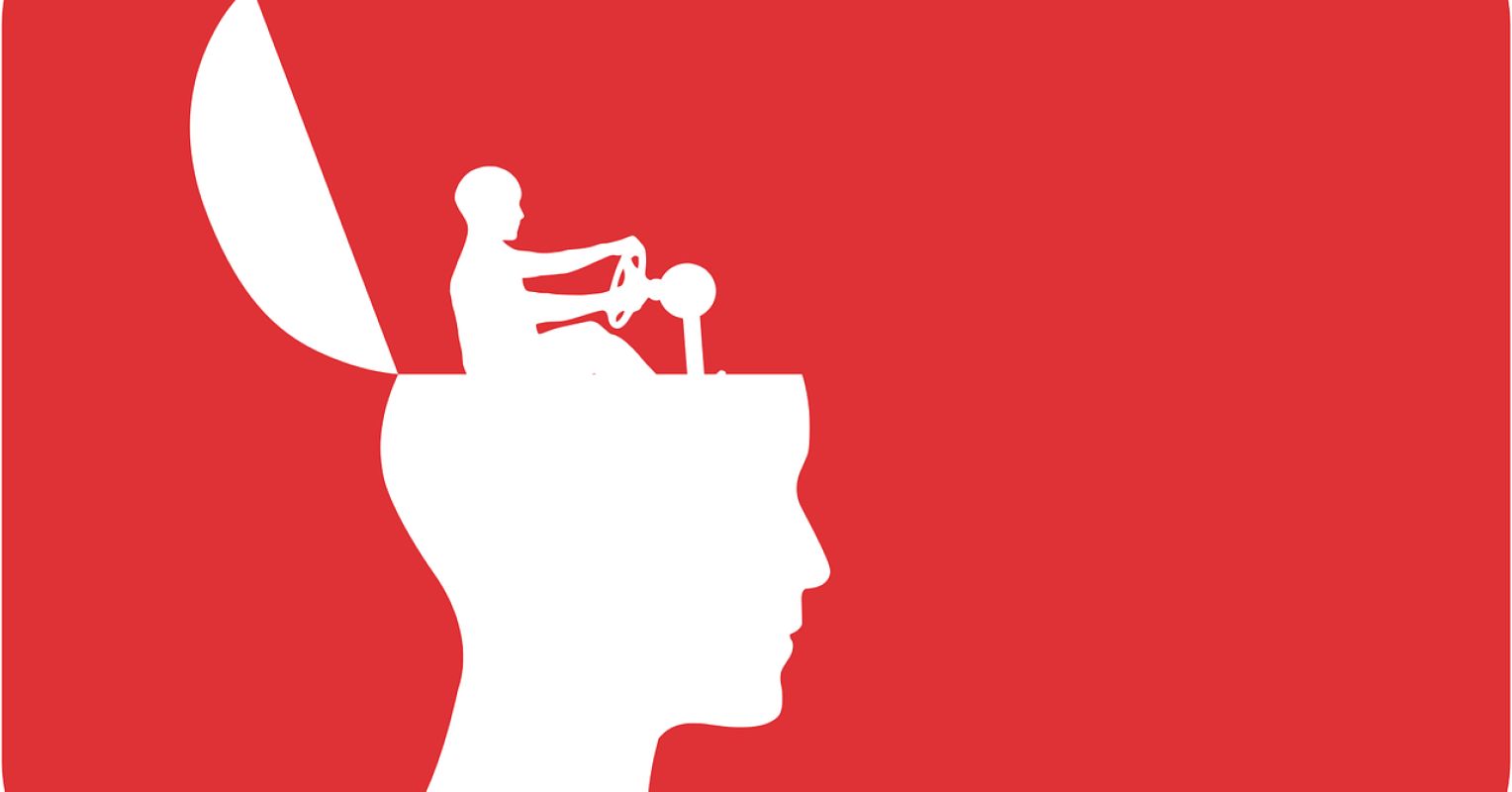
"The one piece of advice I have given all of them is this: "Rehearse! Rehearse! Rehearse!" I give this advice because no one taught it to me; I had to learn it the hard way. When I first started learning public speaking in a Toastmasters club, I was locked to the lectern. I was so nervous that I grasped the sides in a white-knuckle death grip and read my speeches from notes."
"Finally, because I wanted to win a speaking contest, I memorized my speech and then rehearsed so many times I could've recited it in my sleep. I won the contest, but more importantly, I won the battle-I'd freed myself from both the lectern and my notes-and I learned a valuable lesson about repetition. I learned that repetition actually opened the creative circuits in my brain."
"The old saying "Practice Makes Perfect" is in our lexicon for a reason-it's true! We are hardwired to learn from repetition. This may date back to our earliest days as cave-dwellers, when there was no written language and vital knowledge had to be passed down verbally. The repetition of stories around the fire enabled our ancestors to remember important facts."
Repetition changes neural pathways through neuroplasticity, making practiced thoughts and behaviors more automatic and easier to recall. Regular rehearsal of speeches or skills strengthens memory, increases confidence, and frees attention to allow creativity, curiosity, and pattern recognition. Intensive memorization and repeated practice can lead to spontaneous improvements, added insights, and liberation from reliance on notes or physical anchors. Oral repetition historically preserved vital knowledge before written language, with repeated storytelling enabling ancestral memory retention. Repetition also carries a risk: frequent repetition of false information can create familiarity that leads people to accept inaccuracies as true.
Read at Psychology Today
Unable to calculate read time
Collection
[
|
...
]